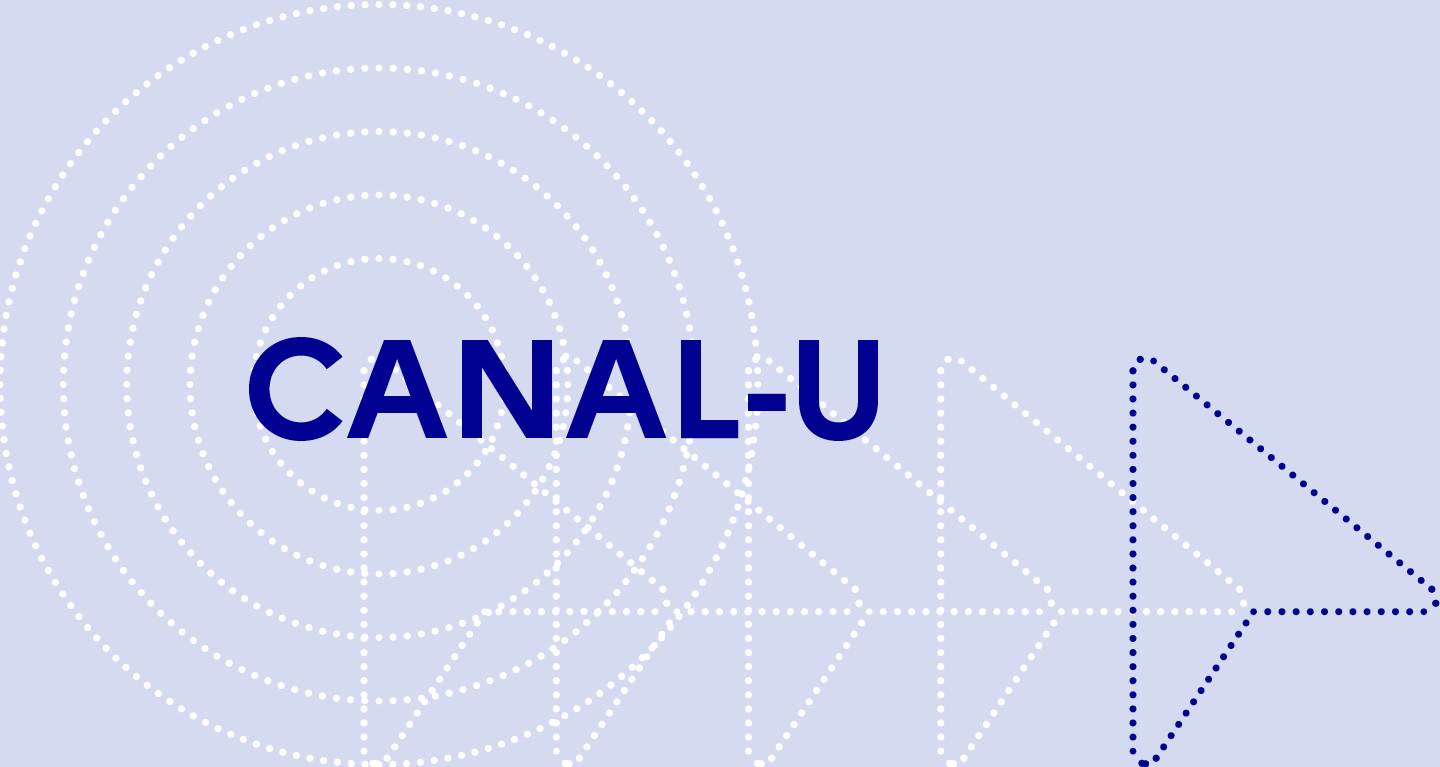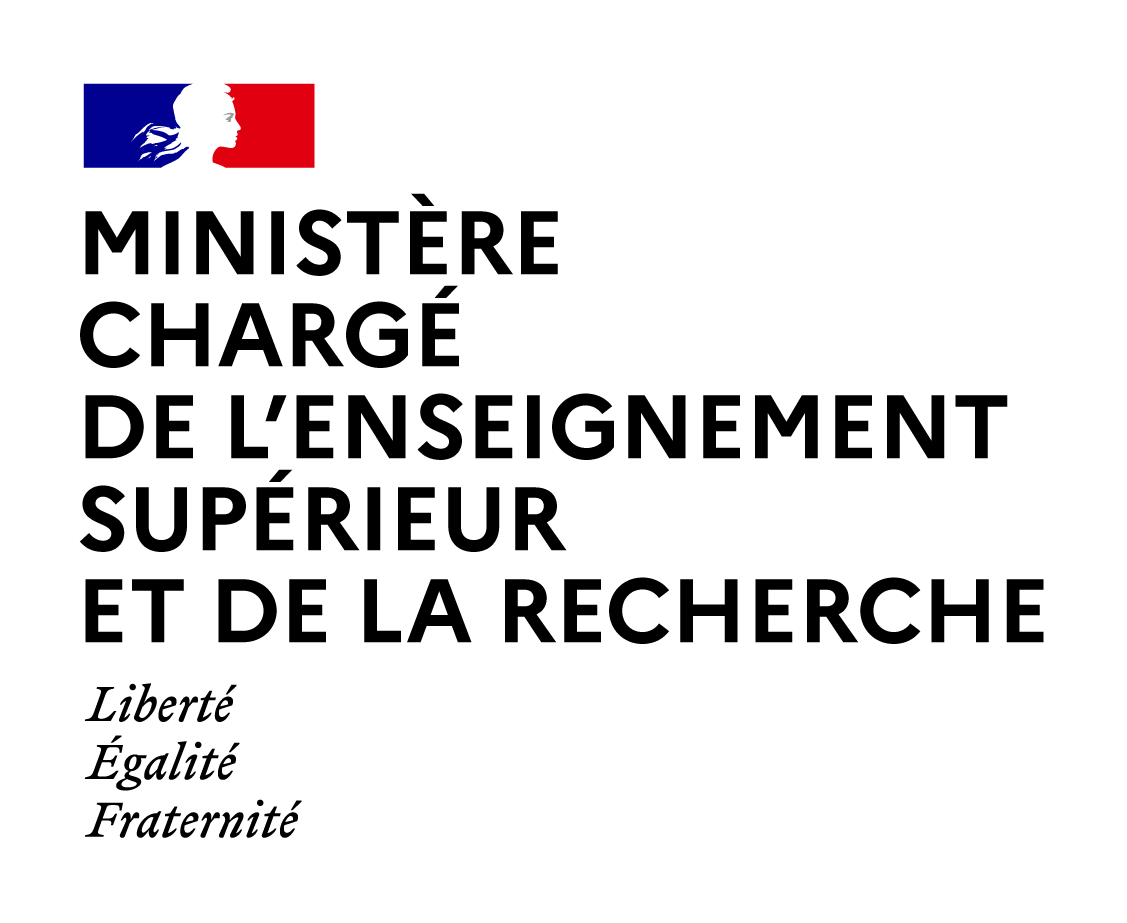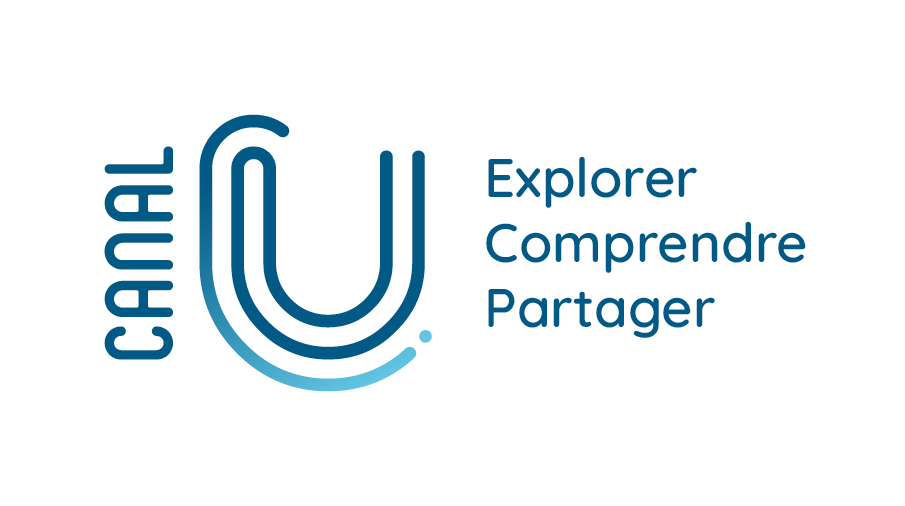
Sommaire
Language, Development and the Bilingual Brain / Arturo E. Hernandez
Date de création :
19.06.2017Auteur(s) :
Arturo E. HERNANDEZPrésentation
Informations pratiques
Droits réservés à l'éditeur et aux auteurs. Tous droits réservés aux auteurs et à l'Université Toulouse Jean Jaurès.
Description de la ressource
Résumé
Language, Development and the Bilingual Brain / Arturo E. Hernandez, in colloque "Bilingualism vs. monolingualism: a new perspective on limitations to L2 acquisition" organisé par le laboratoire Octogone-Lordat (Université Toulouse 2) sous la responsabilité de Barbara Köpke (UT2J), Holger Hopp (Technische Universität Braunschweig), Tanja Kupisch (Universität Konstanz), Université Toulouse Jean Jaurès, 19-20 juin 2017. What factors affect the coding of two languages in one brain? For over 100 years, researchers have suggested that age of acquisition, language proficiency and cognitive control play a role in the neural representation of two languages. Work in the Laboratory for the Neural Bases of Bilingualism at the University of Houston has looked at the effects of all three factors on brain activity in bilinguals. This work has considered the role of age of acquisition and language proficiency on the brain activity in tasks involving speech sounds as well as the processing of grammar and meaning. In recent years, there has been renewed interest in the relationship between bilingualism and a possible advantage on non-verbal cognitive control tasks. Results from studies in my laboratory provide some evidence of a “bilingual advantage” related to cognitive control. For example, bilinguals relative to monolinguals show faster reaction times and reduced activity in brain areas devoted to cognitive control during foreign language word learning. Furthermore, more recent work reveals that bilinguals relative to monolinguals have a higher proportion of individuals carrying the A1 allele of the Taq1A polymorphism which has been associated with better task switching performance. We have also found evidence that carrier status of this gene as well as language history factors are associated with different patterns of brain activity in bilinguals. Taken together results from my laboratory suggest a complex and dynamic relationship between age of acquisition, language proficiency and cognitive control.
"Domaine(s)" et indice(s) Dewey
- Bilinguisme (404.2)
- Physiologie des émotions, de l'intelligence, des processus mentaux conscients (612.823)
Domaine(s)
- Langues
- Physiologie
- Santé et médical
- Pathologies du cerveau
Intervenants, édition et diffusion
Intervenants
Édition
- Université Toulouse-Jean Jaurès-campus Mirail
Diffusion
Document(s) annexe(s)
- Cette ressource fait partie de
Fiche technique
- LOMv1.0
- LOMFRv1.0
- Voir la fiche XML




